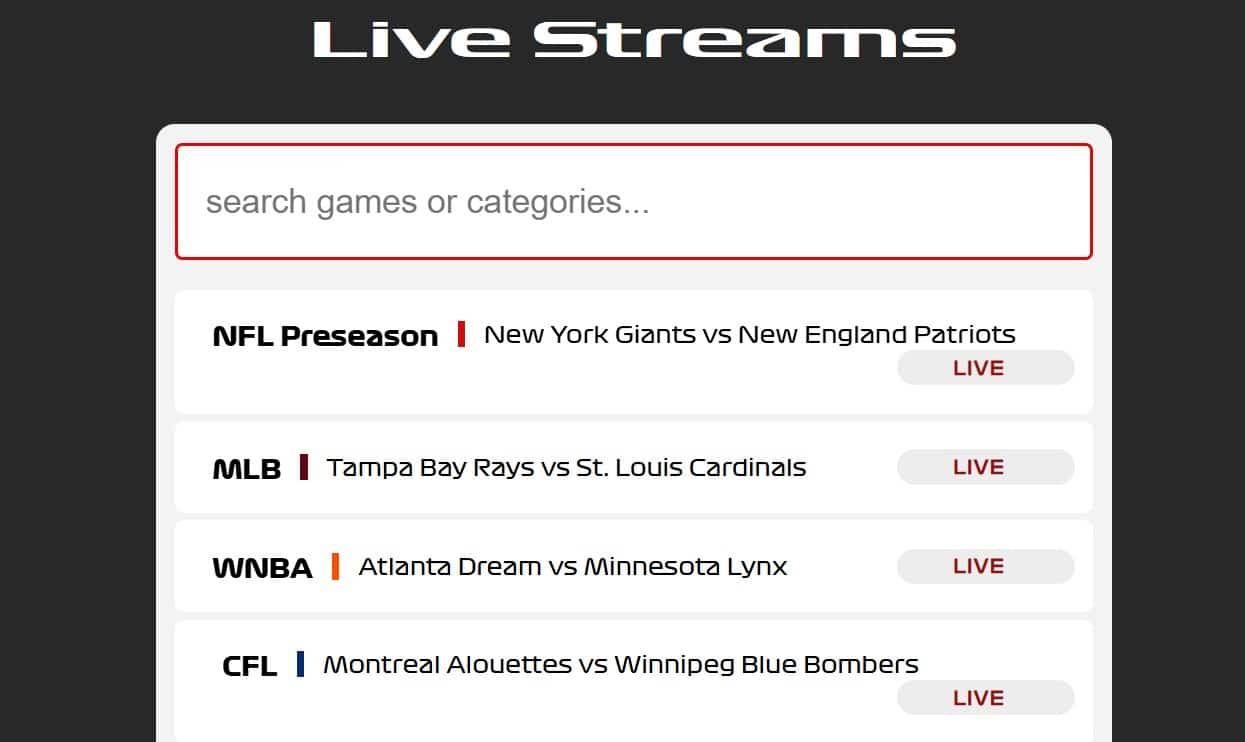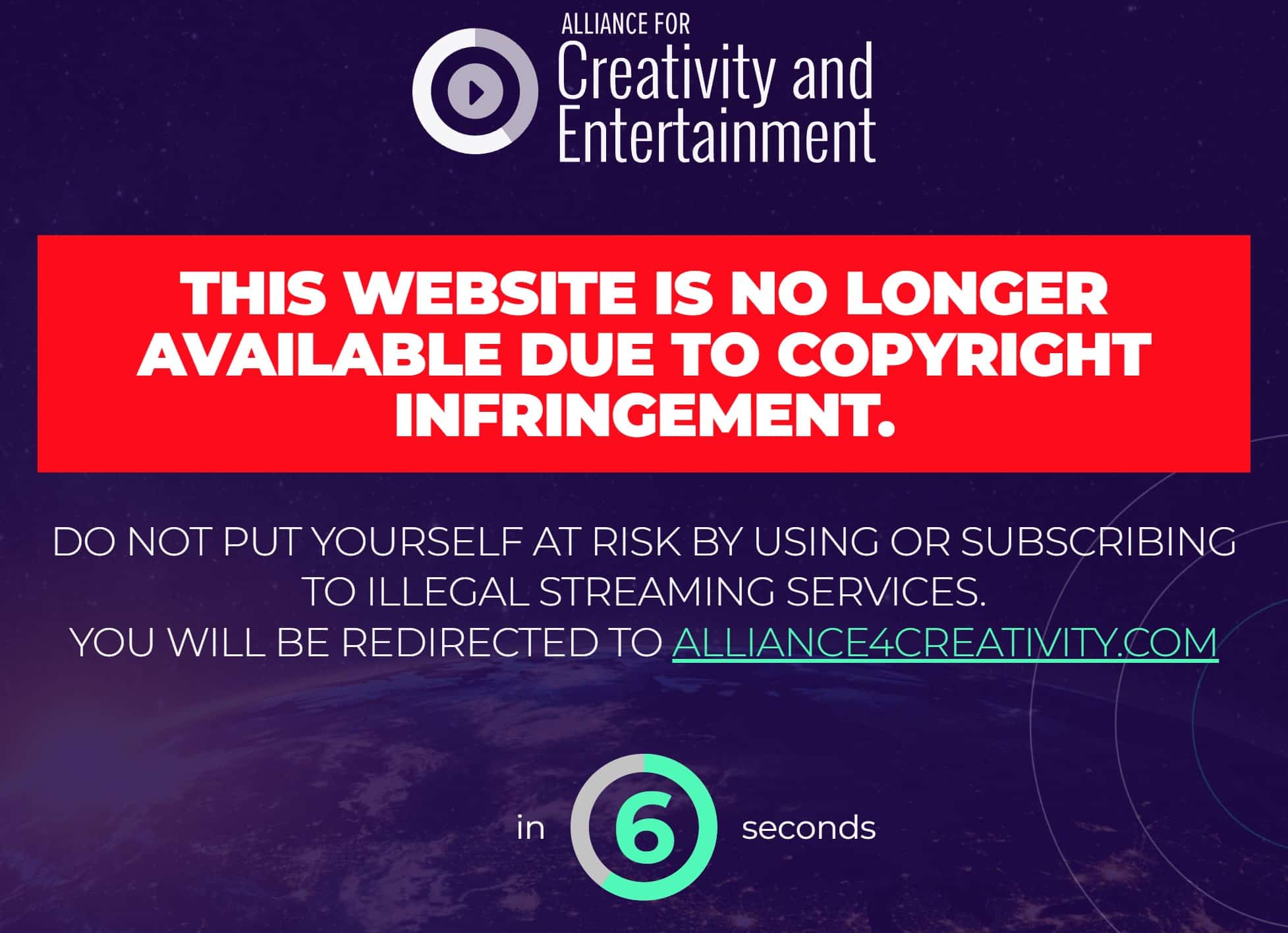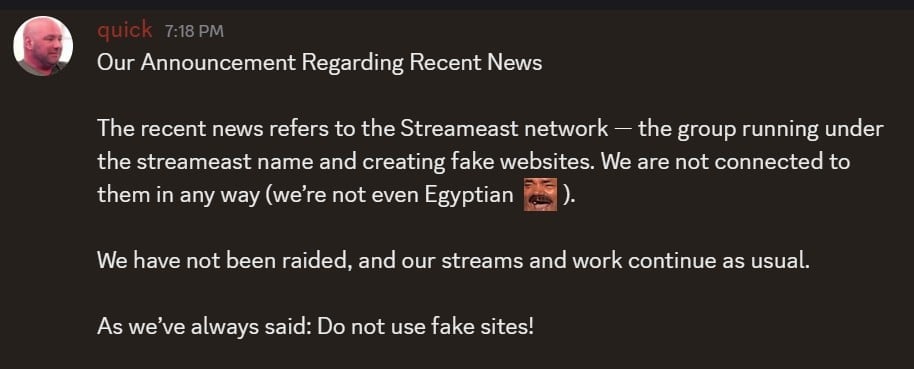-
To
chevron_right
ACE & DAZN Shut Down a Major Sports Piracy Site in a “DMCA Ignored” Country
news.movim.eu / TorrentFreak • 10 September • 6 minutes
 Major sports rightsholders and broadcasters are building momentum for what could be a crucial couple of years ahead.
Major sports rightsholders and broadcasters are building momentum for what could be a crucial couple of years ahead.
The USTR has promised to focus on live sports in its Notorious Markets review before rightsholders’ eyes turn to the European Commission, hoping that their endless patience for measures to curtail live streaming leads to something substantial that justifies the wait .
In the meantime, enforcement operations continue. With the ink barely dry on last week’s Streameast announcement , developments reported this week will be seen as another plus for live sports.
Calcio: Italian For ‘Football’ and Italy’s #1 Pirate Sports Site
The Alliance for Creativity and Entertainment (ACE) and broadcaster DAZN, which is also a member of ACE, report that a coordinated investigation has led to the shutdown of Calcio, the most popular live sports piracy site in Italy.
According to ACE, Calcio received more than 123 million visits during the past 12 months, with Italians responsible for six million of those visits every month. For many, free access to premium Serie A football (‘calcio’ in Italian) would’ve been the main reason for visiting the site, together providing 80% of Calcio’s traffic.
Remaining traffic consisted of visitors from Spain, the United States, Germany, and France. Earlier action by DAZN to have the domains Calcio.ws and Calcio.la blocked in Italy were authorized ( 1 , 2 ) by telecoms regulator AGCOM in 2023. However, using a mountain of backup domains, Calcio remained stubbornly accessible.
Calcio Stockpiled Domains
ACE says that Calcio operated 134 domains but identified none in its press release. From our own limited research, domains now under MPA control appear to have a similar number of unique domain extensions. From calcio.autos to calcio.baby, through calcio.beauty, .best, .buzz and .hair, Calcio had many other domains besides, hoping to undermine any and all efforts to block it.
Based on records correct at the time of writing, a likely incomplete list of ‘calcio’ domains, showing the MPA as their new owner, appears in the first table below.
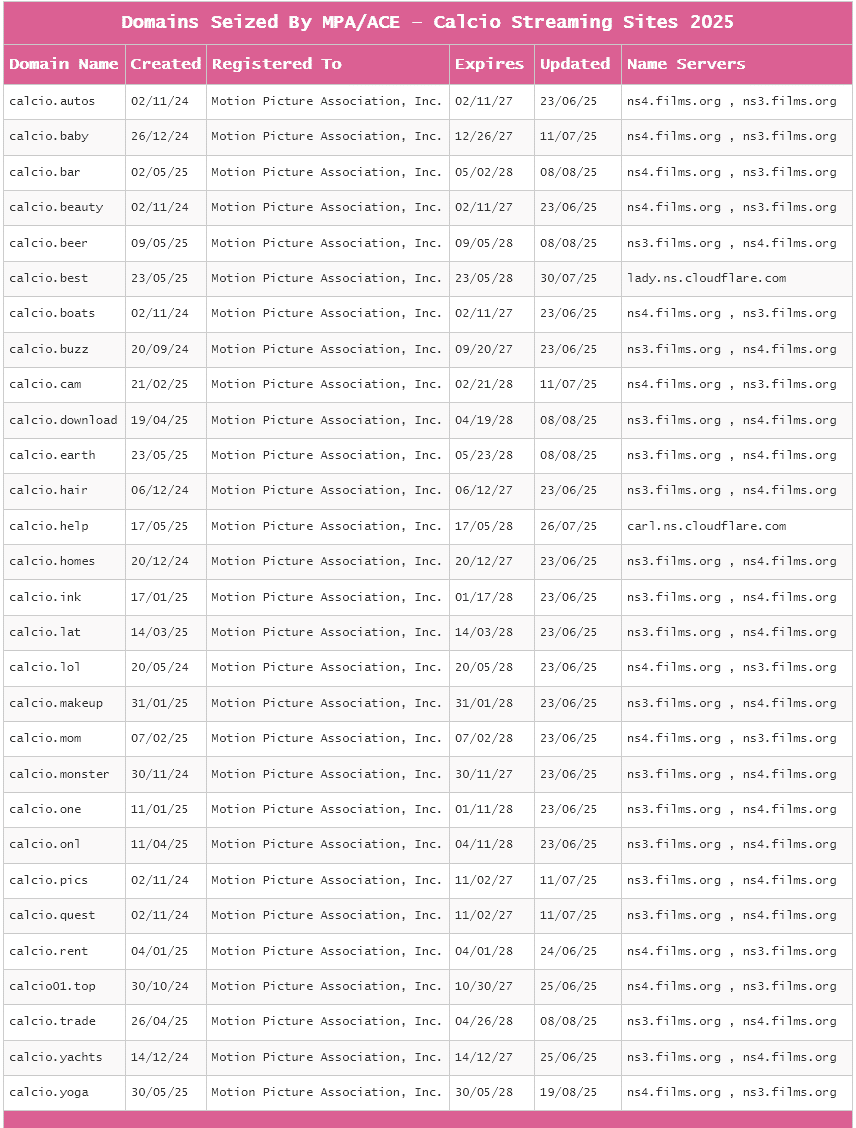
While ACE doesn’t specify an exact date when Calcio was reportedly shut down, WHOIS records suggest that the domain transfer process likely began around the third week of June and then continued through July and August.
The volume of domains acquired by Calcio’s operator indicates determination to keep the site online. With this many domains, it’s possible to evade regular blocking tactics and minimize the effects of a potential, although somewhat less likely, bulk domain seizure.
Yet despite these preparations and considerable levels of traffic, Calcio appears to have disappeared off the radar, just like that.
Italy’s Favorite Sports Piracy Site, Run from Moldova
The circumstances of Calcio’s closure are completely absent from the press release. Indeed, the description seems unusually casual for such an important shutdown, to the extent that it immediately stands out.
The Moldova-based operator of the service agreed to cease operations after being approached.
While some kind of legal process can’t be completely ruled out, current copyright-related turbulence of various types could dampen enthusiasm. If nothing else, the timing isn’t great and probably won’t be for several years to come.
Even when all else fails, opportunities to send a deterrent message are considered valuable, and as such are rarely overlooked. In this case a clear messaging opportunity sails right by, drawing attention to another press release absentee; the customary ‘well done’ and ‘thank you’ to local authorities for their invaluable input.
A second oversight can’t be completely ruled out, but other explanations for not dwelling on the details seem more persuasive. When considering Moldova’s traditional lack of focus on piracy issues, and its future planning where the opposite is unavoidable, the backdrop to Calcio’s shutdown is interesting, whether it played a major role here or not.
EU Membership and the Future of Moldova
Following Russia’s invasion of Ukraine, in March 2022 the Republic of Moldova applied for EU membership. With only a river separating Moldova from a breakaway state to its east, one with its own government, army, and a heavy Russian military presence, the former Soviet state had understandably seen enough.
After achieving candidate status in June 2022, Moldova set a target date of 2030 for EU Accession and negotiations officially began late June 2024. Even without consideration of guaranteed interference from Russia, Moldova has an extraordinary workload ahead; from democratic reforms to the alignment of national legislation with that of the bloc, everything is more easily said than done.
On the thorny issue of intellectual property rights, an area requiring work beyond the latest copyright amendment draft, Moldova has little room for maneuver. Collaboration with the EU Intellectual Property Office and EU member states is just one of the requirements and already underway.
Among many other examples, on 12 and 13 June 2025 representatives attended the International IP Enforcement Summit 2025 in Athens, Greece, which took place just two weeks before Calcio’s domains began transferring to ACE. That might be coincidence, not unlike two years ago when RARBG disappeared around the same time.
Yet no matter how Calcio met its demise, cooperation with the EU and, interestingly, a non-EU partner thousands of miles away, is already embedded in Moldova’s future. The situation in Moldova is changing, making shutdowns like this even more likely in the future.
Moldova’s 2025 Work Plan
A document published by the State Agency for Intellectual Property (AGEPI) details Moldova’s action plan for 2025 ( pdf ) . It contains commitments to implement provisions in international treaties and to collaborate with overseas governments and rightsholders in the private sector.
2.2. Ensuring cooperation with the associations of rights holders and other associations with responsibilities in the IP field abroad
2.3. Monitoring to ensure the implementation of the provisions of international treaties and agreements in the field of IP to which the Republic of Moldova is a party
2.4. Ensuring bilateral collaboration in the field of IP, with IP offices of EU Member States, EFTA [European Free Trade Association], and the United States
In the context of potential EU membership, it’s not hard to imagine Moldova reacting favorably following a request from the EU, or from DAZN via ACE/MPA, to see if a site like Calcio could be persuaded to shut down. In the context of full EU membership, something similar may be viewed as an obligation.
EU Membership or Not, The Piracy Wars Wait For Nobody
What these changes will mean for the many pirate sites currently hosted in Moldova, where DMCA takedown notices are routinely ignored to the frustration of rightsholders, will become clearer in time. Right now, DAZN and ACE will view this as a big win, and most likely it won’t be the last.
“Shutting down illegal operations like Calcio is vital for protecting fans, safeguarding jobs, and preserving the value and integrity of live sports,” says Ed McCarthy, COO of DAZN Group. “ACE and DAZN’s decisive action in removing this site has prevented further harm to the wellbeing of the sports ecosystem.”
“Piracy diminishes the commercial value of a live sports broadcast well before the final whistle blows, harming broadcasters, sports leagues, and fans alike,” says Larissa Knapp, Executive Vice President and Chief Content Protection Officer for the Motion Picture Association (MPA).
“With the start of the Italian football season, I commend the team for the timely takedown of this notorious operation.”
Update: Additional Table 2 below contains ‘calciostreaming’ domains, apparently seized over a period of months, the most recent this week. Connection to ‘Calcio’ domains currently unclear

From: TF , for the latest news on copyright battles, piracy and more.

 Nearly five years ago, a Virginia jury ordered Cox Communications to pay
Nearly five years ago, a Virginia jury ordered Cox Communications to pay



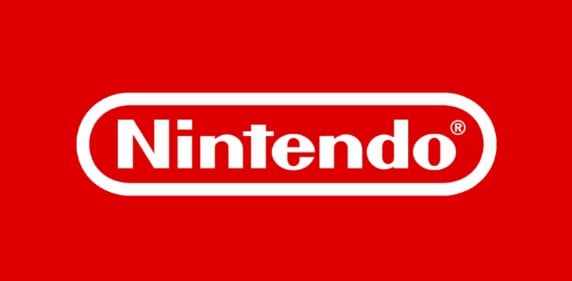 In June 2024, Nintendo
In June 2024, Nintendo


 From the perspective of rightsholders, blocking domains and IP addresses is necessary to counter a persistent threat from online piracy. In this context, they insist it is reasonable to force internet intermediaries to intervene, using blocking measures that also elevate the risk of unintended consequences and collateral damage.
From the perspective of rightsholders, blocking domains and IP addresses is necessary to counter a persistent threat from online piracy. In this context, they insist it is reasonable to force internet intermediaries to intervene, using blocking measures that also elevate the risk of unintended consequences and collateral damage.
 A Piracy Shield dataset leaked to GitHub, containing ~11,000 IP addresses and ~42,600 fully qualified domains (FQDN), provides the foundation for the study.
A Piracy Shield dataset leaked to GitHub, containing ~11,000 IP addresses and ~42,600 fully qualified domains (FQDN), provides the foundation for the study.

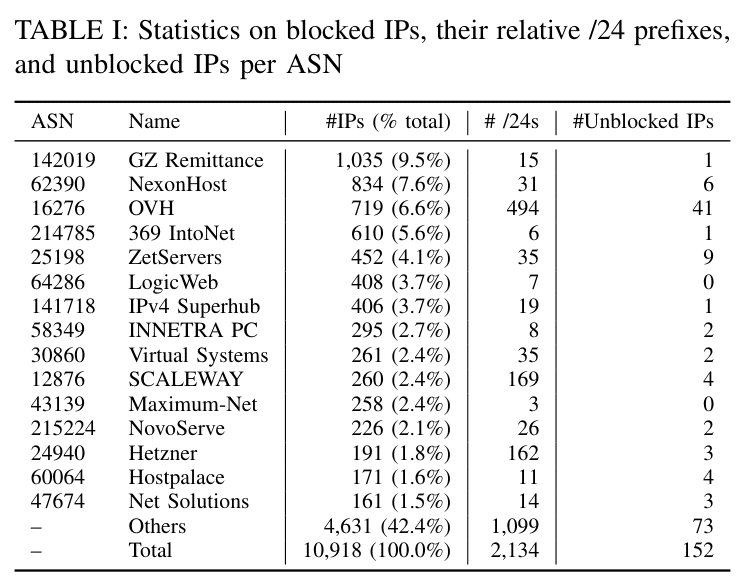
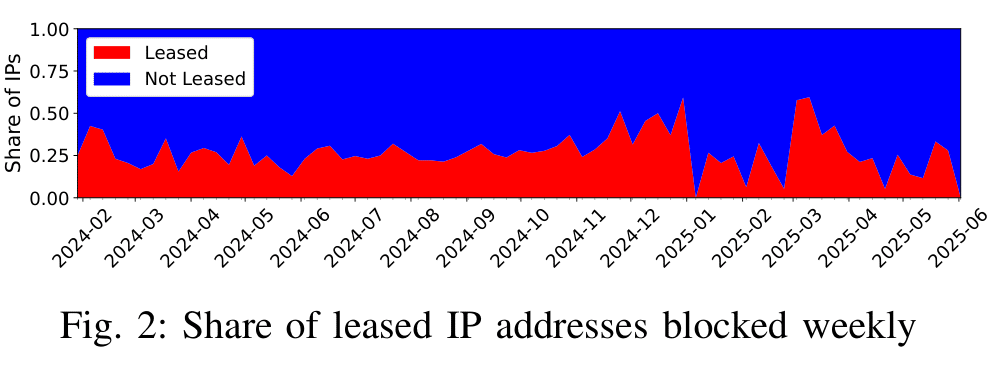
 Will the United States introduce a pirate site blocking program? Depending on who one asks, the answer could go either way.
Will the United States introduce a pirate site blocking program? Depending on who one asks, the answer could go either way.
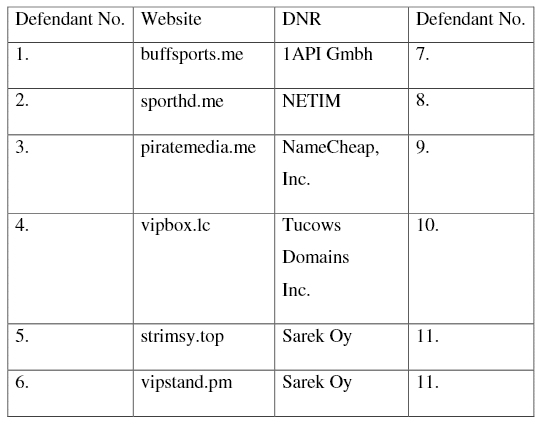 With no question of who owns the rights anywhere on the planet, the High Court of Delhi granted an injunction that required local ISPs to block six sites: buffsports.me, sporthd.me, piratemedia.me, vipbox.lc, strimsy.top and vipstand.pm.
With no question of who owns the rights anywhere on the planet, the High Court of Delhi granted an injunction that required local ISPs to block six sites: buffsports.me, sporthd.me, piratemedia.me, vipbox.lc, strimsy.top and vipstand.pm.
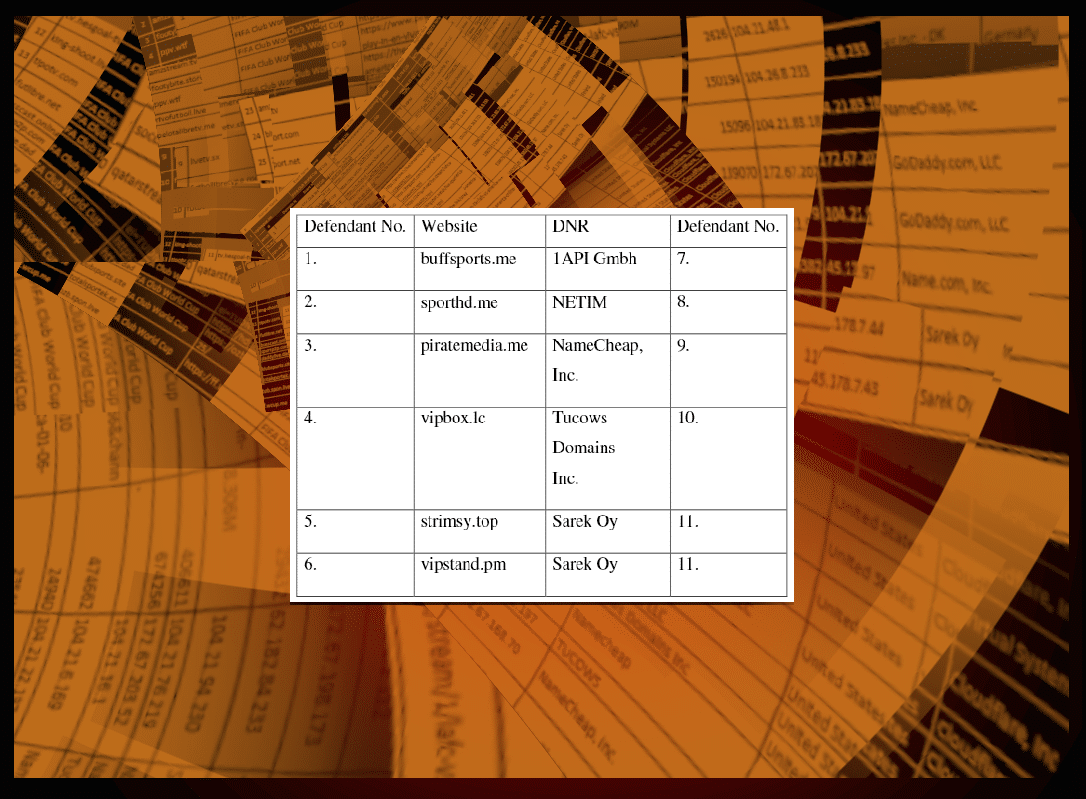
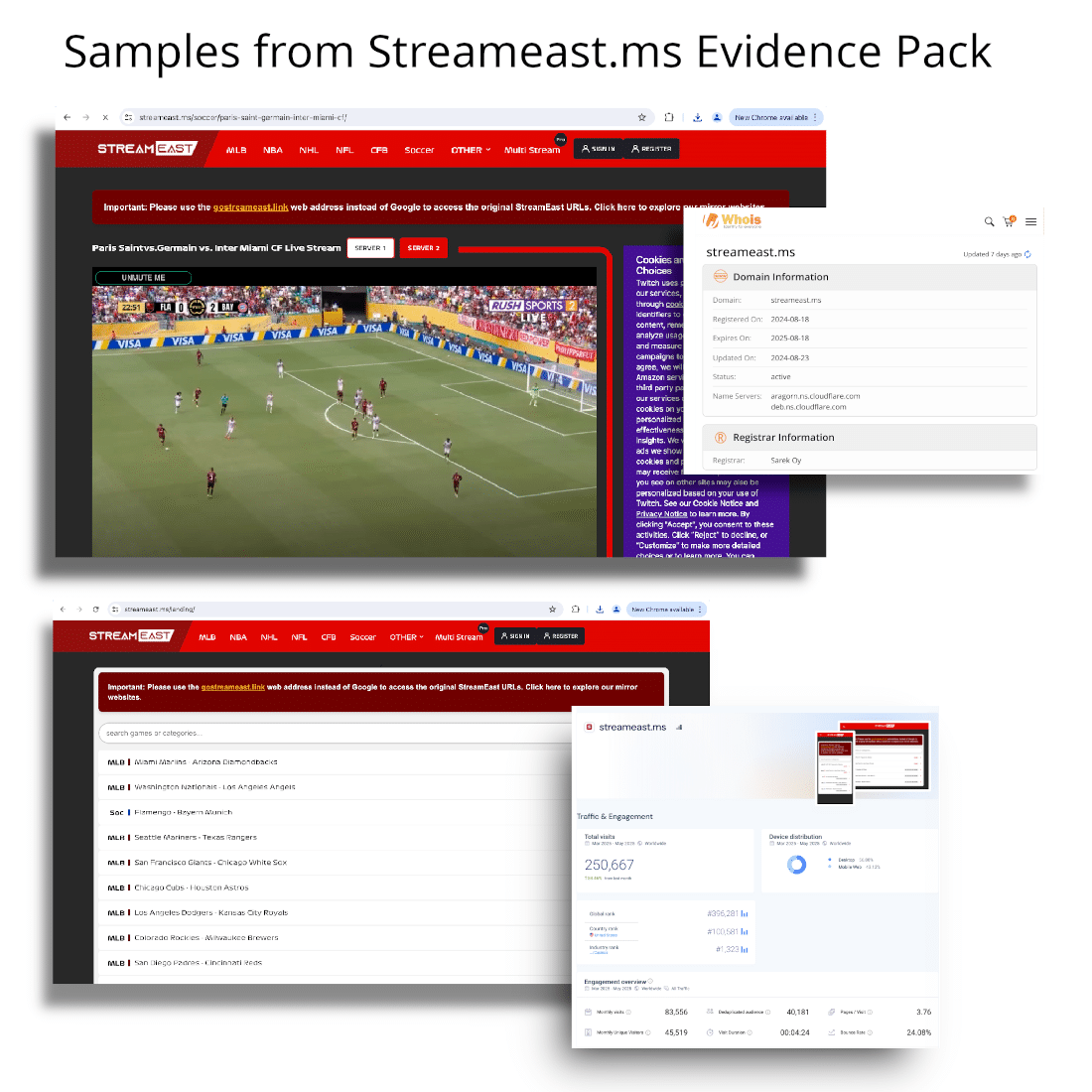

 Sports piracy made headlines this week when anti-piracy coalition ACE announced the shutdown of
Sports piracy made headlines this week when anti-piracy coalition ACE announced the shutdown of


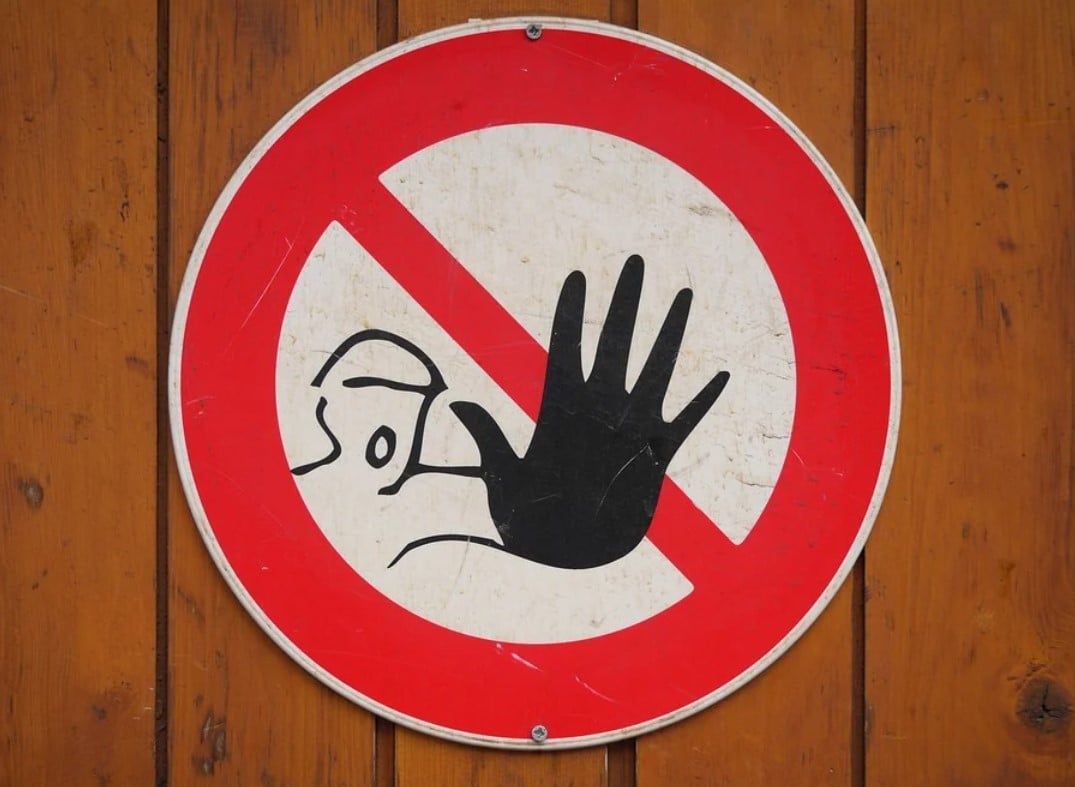 During the first half of 2022, U.S. Senator Thom Tillis was working on a proposal to put forward in a new pirate site blocking bill.
During the first half of 2022, U.S. Senator Thom Tillis was working on a proposal to put forward in a new pirate site blocking bill.
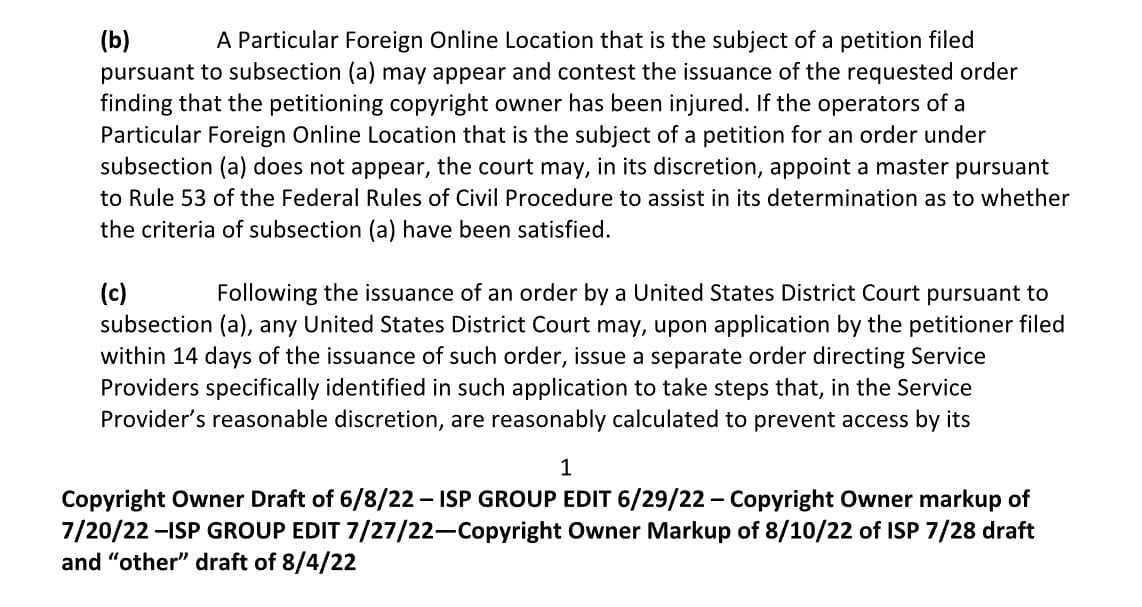
 Research and investigations concerning internet platforms can be incredibly time-consuming, despite most of the necessary tools being readily available to the public free of charge.
Research and investigations concerning internet platforms can be incredibly time-consuming, despite most of the necessary tools being readily available to the public free of charge.
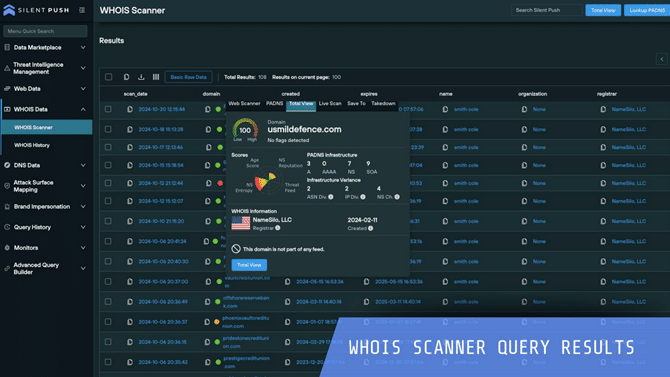

 Last year, Homeland Security Investigations (HSI)
Last year, Homeland Security Investigations (HSI)
